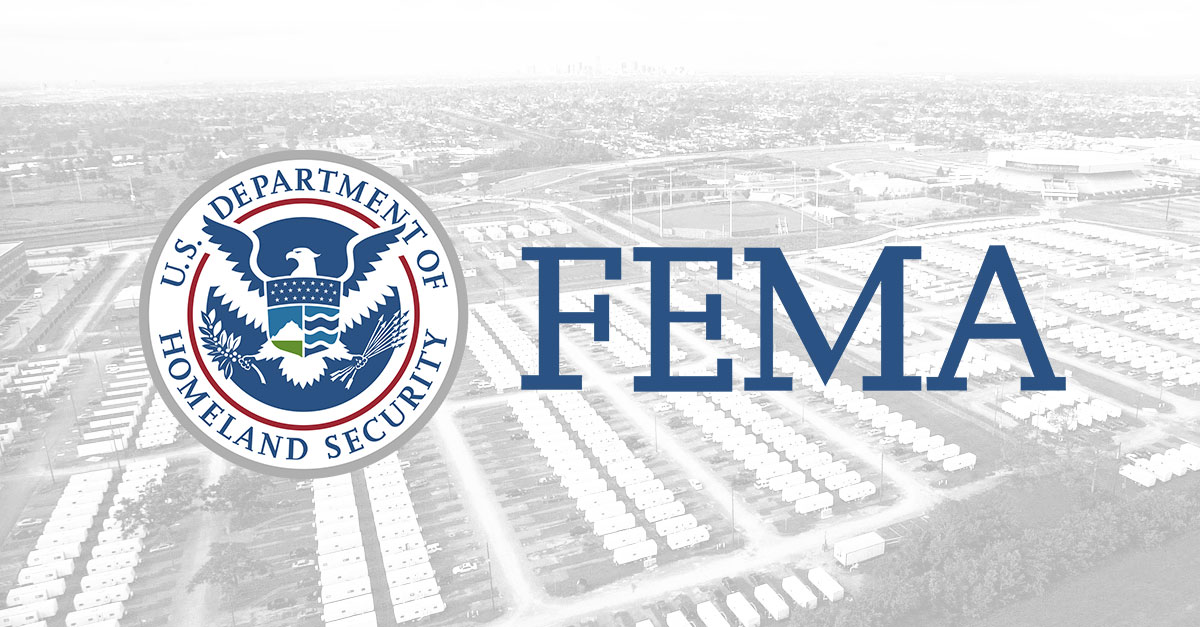Recent changes at the Federal Emergency Management Agency (FEMA) have led to uncertainty regarding the continuation of efforts aimed at supporting historically underserved populations during disaster recovery.
In recent years, FEMA introduced reforms to improve accessibility and equity in disaster response. These included simplifying application forms, easing proof-of-residency requirements, and providing immediate financial assistance for essential needs such as food, medication, and hygiene products.
Some of these initiatives have since been canceled or are under review. Administrative decisions at the federal level have included reductions in staffing, funding cuts, and the elimination of certain diversity and equity-related programs. A review council appointed by the administration is currently assessing the agency’s overall mission and operations.
Nevertheless, several policies remain in place. Among them is a provision allowing disaster survivors to receive up to $750 for urgent necessities, which aims to support individuals without insurance coverage or savings.
Programs such as FEMA Corps—which trained and deployed young workers for on-site disaster response—have been discontinued, along with a grant initiative designed to help rural and tribal areas prepare for climate-related disasters. These programs also provided technical assistance to local governments in applying for federal aid.
Staffing shortages caused by retirements, resignations, and hiring freezes may affect FEMA’s ability to respond during the high-risk summer season, when hurricanes, wildfires, and floods become more frequent. Field workers have been critical in the past in ensuring that affected residents—particularly those with limited access to technology or formal housing documentation—can successfully complete aid applications.
While FEMA’s equity-related reforms were still in development, they marked a shift toward more adaptive and inclusive disaster recovery practices. The agency’s future direction remains under review.







